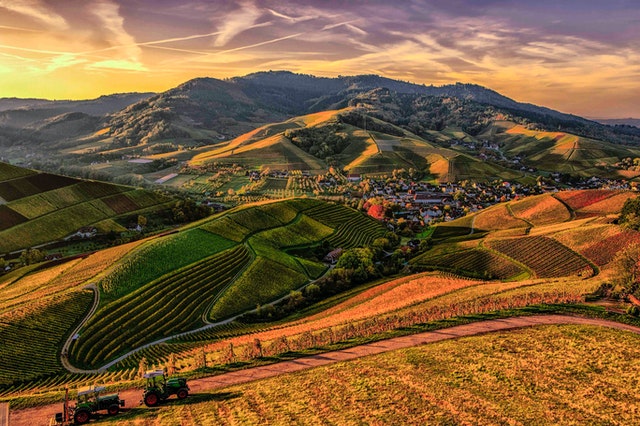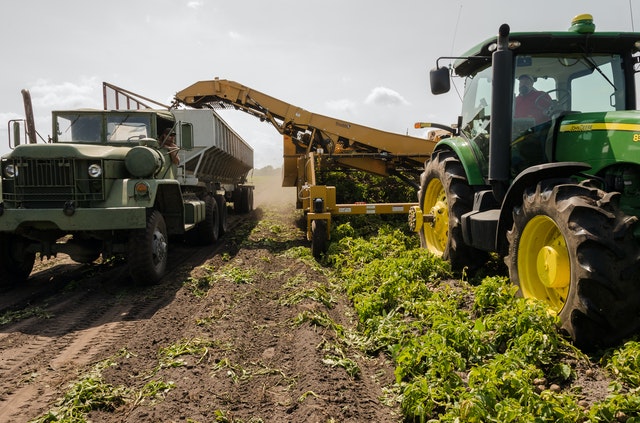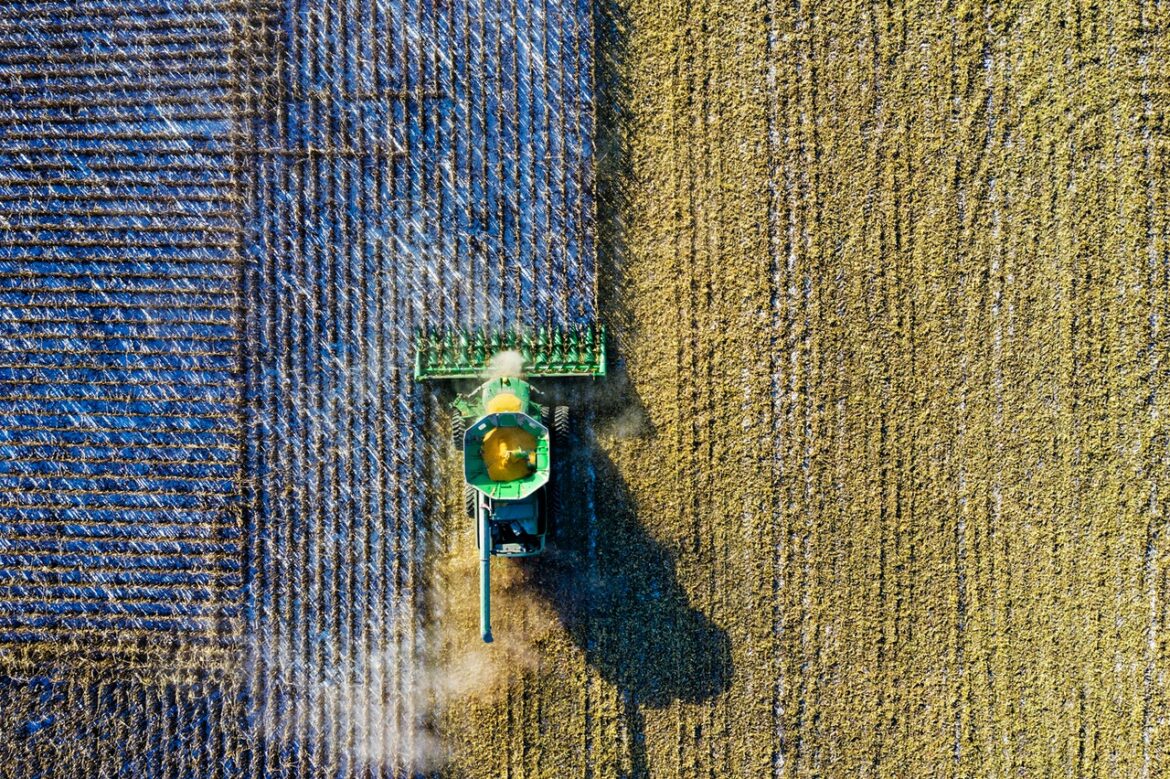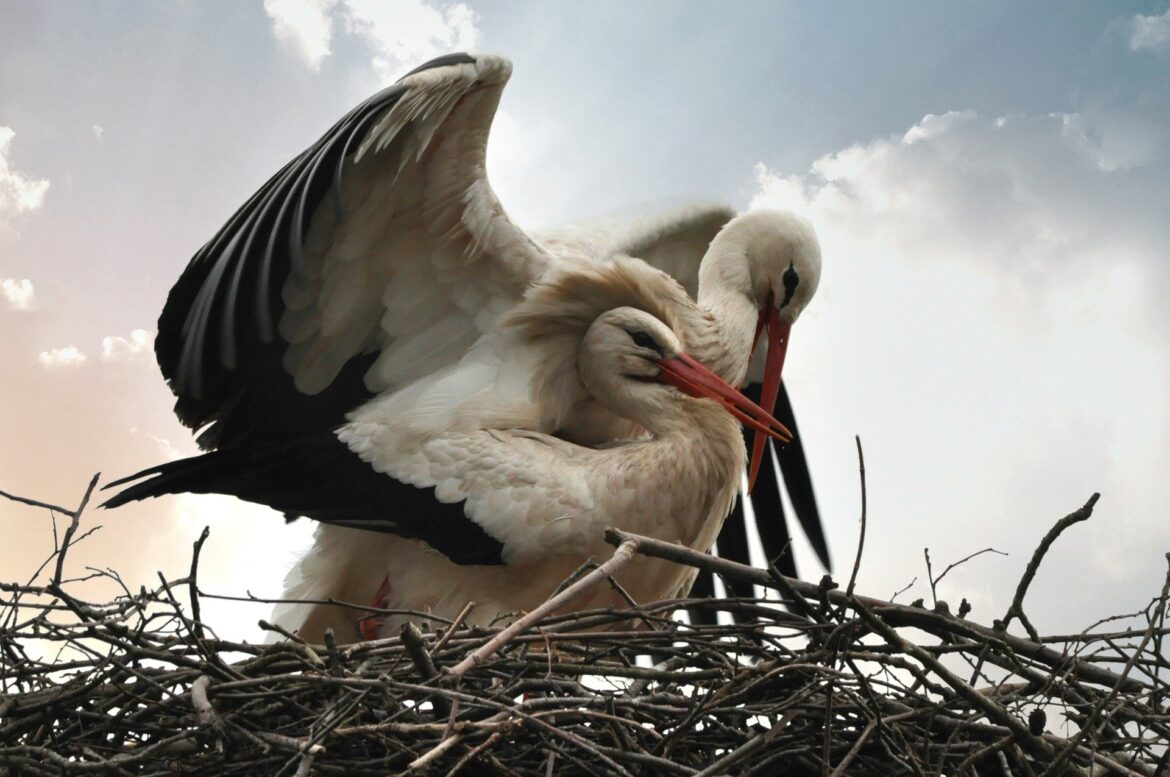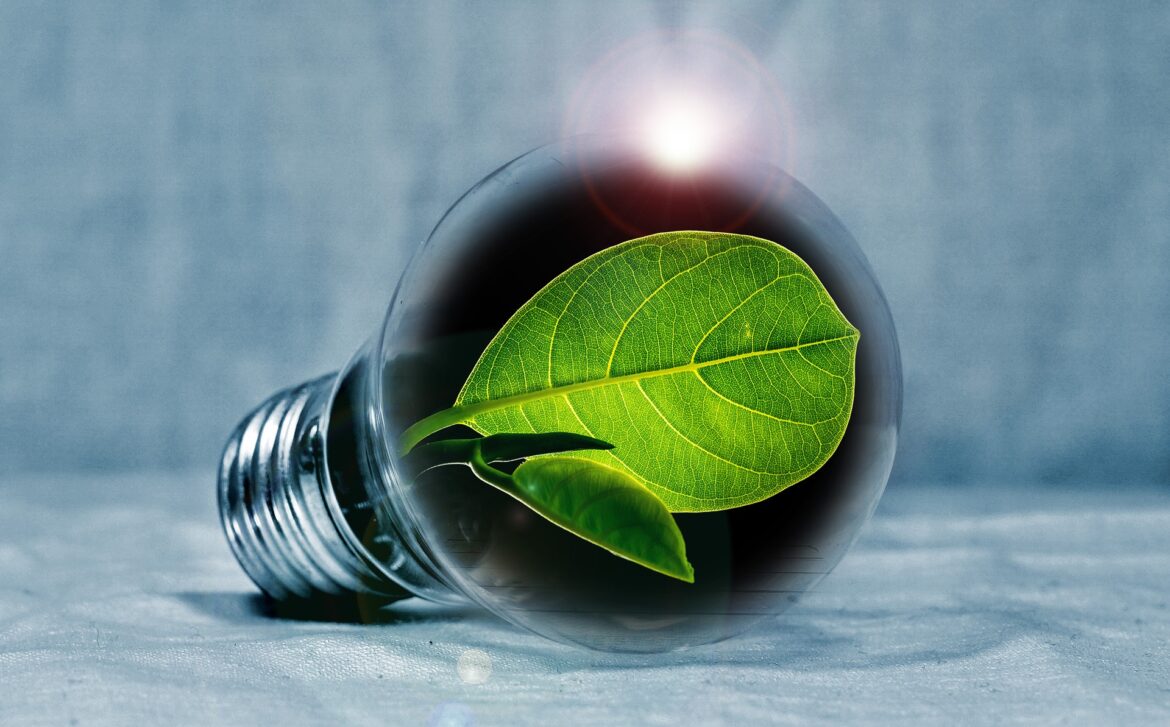Anna Saave will hold a talk on the topic of “care work, ecofeminist degrowth and a feminist green new deal” at Kule institute’s speaker series on ecofeminist perspectives on degrowth and climate resilience at the University of Alberta on May 19, 2022.
Title of Anna’s talk: The Care-Tax – A proposal for transitioning to a caring degrowth society.
Link to the event page: https://www.ualberta.ca/kule-institute/news-events/kias-news-collection/2022/may/kule_scholars_may_speaker_series.html
Link to the recording: https://www.youtube.com/watch?v=B0i1A7nuRLY
[source of picture: pexels.com / Clement Percheron]


